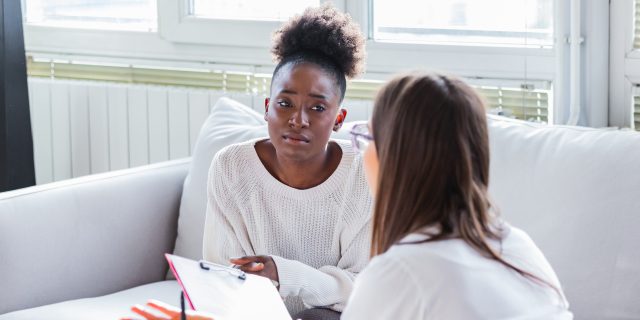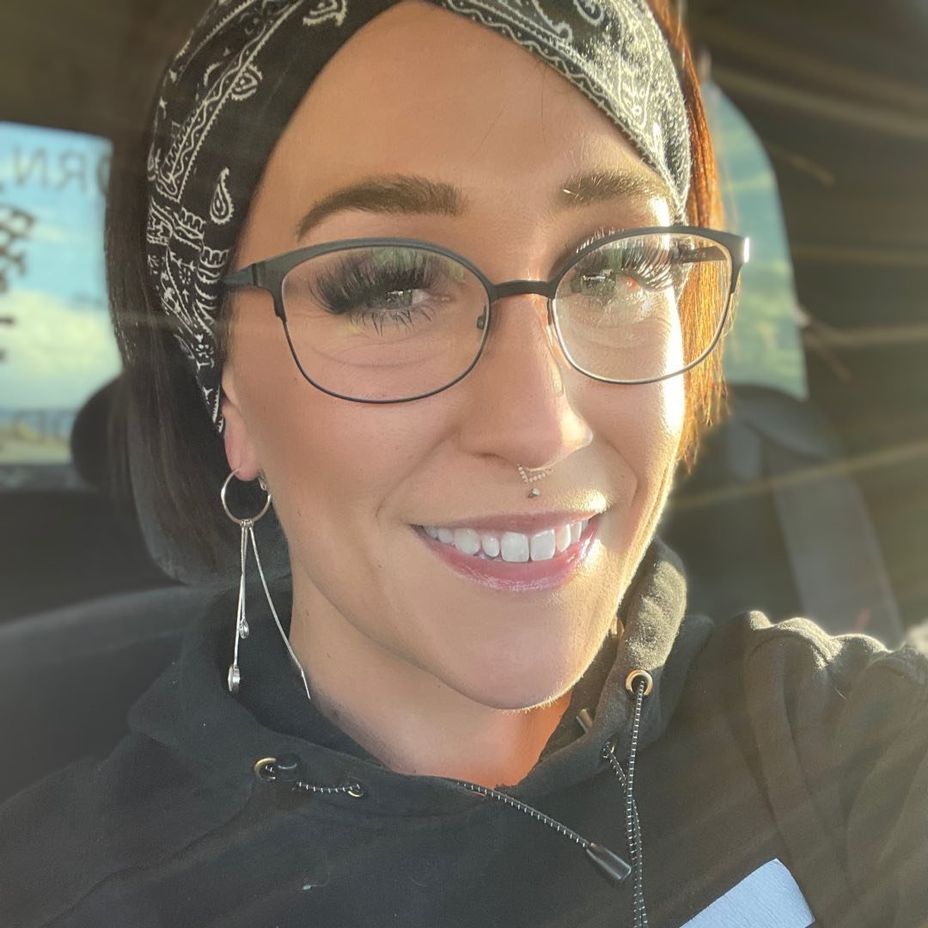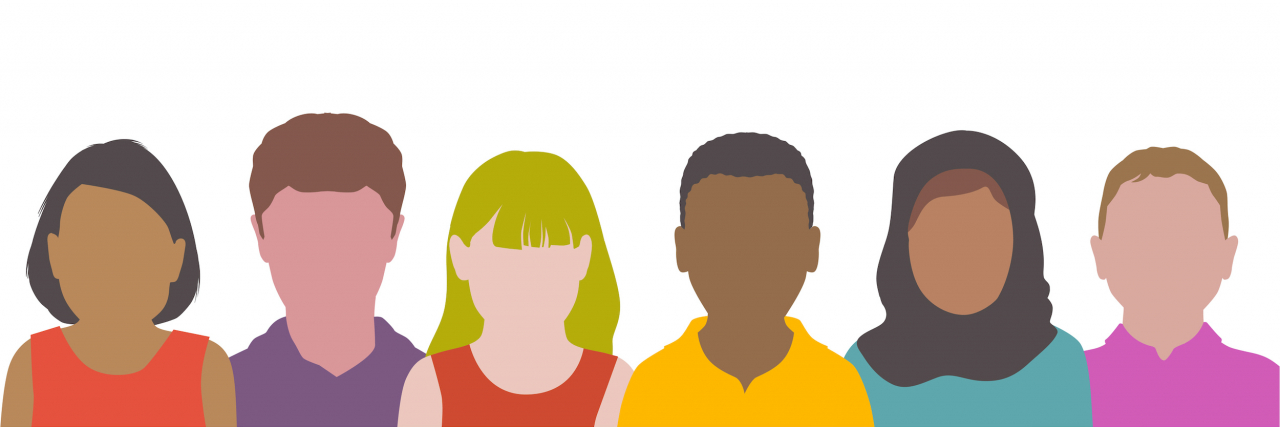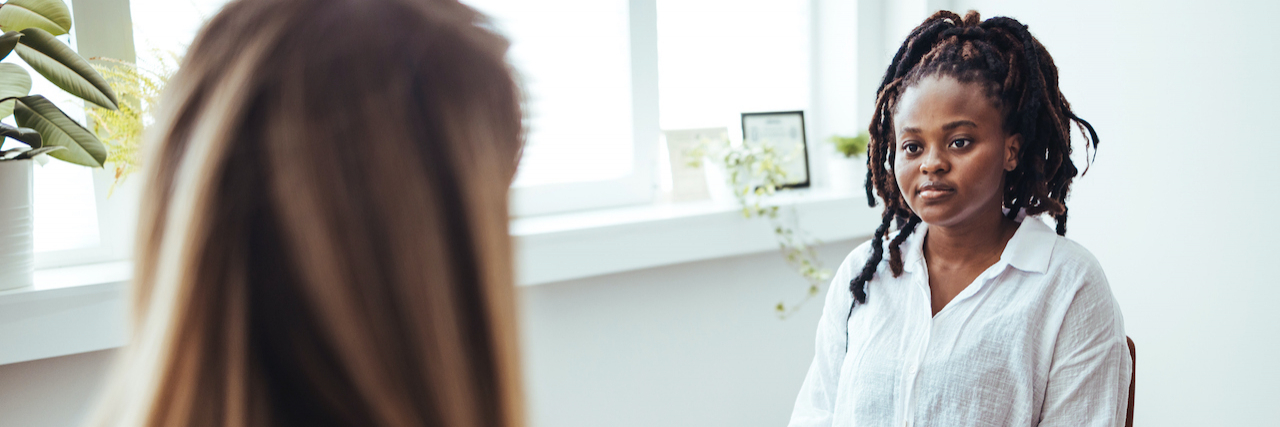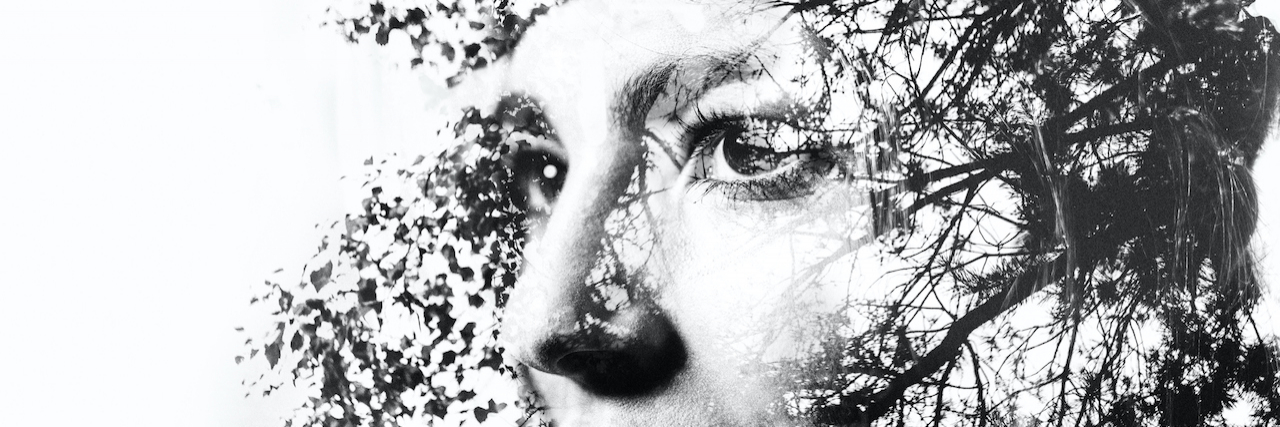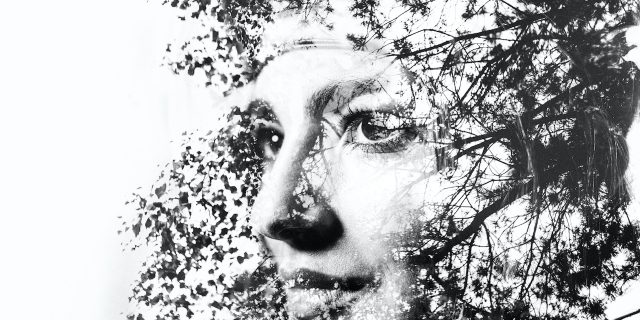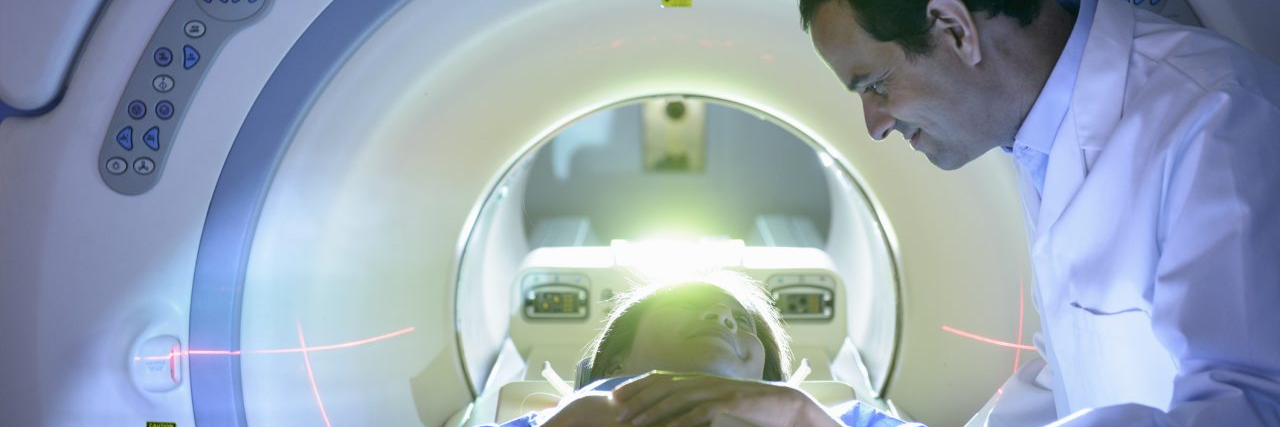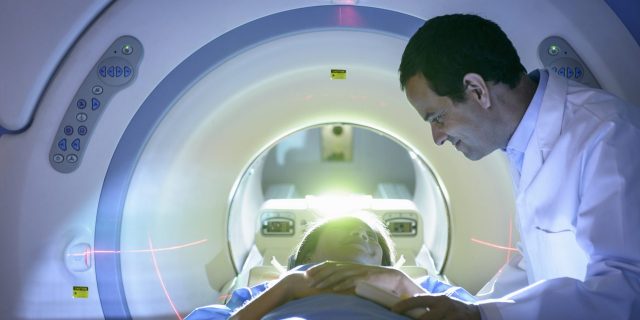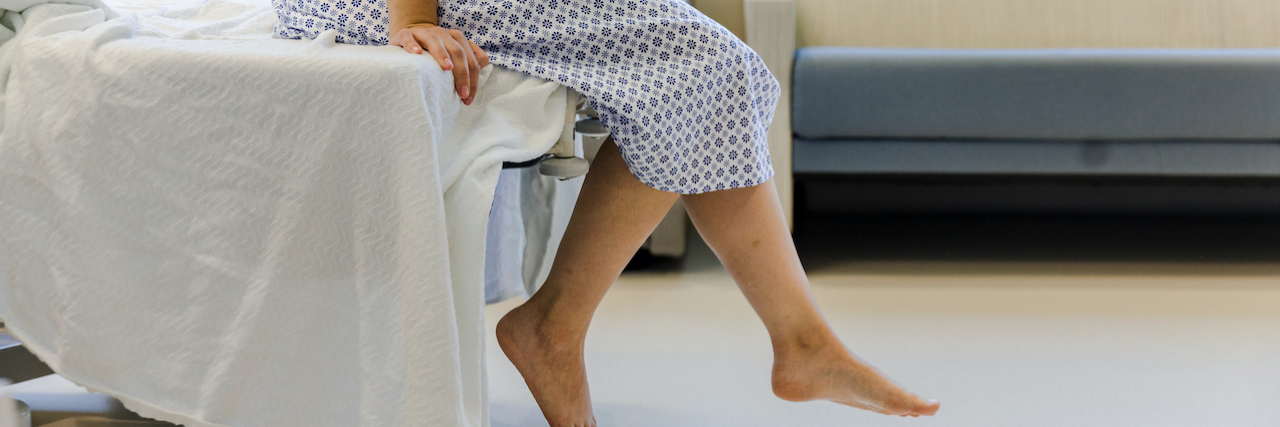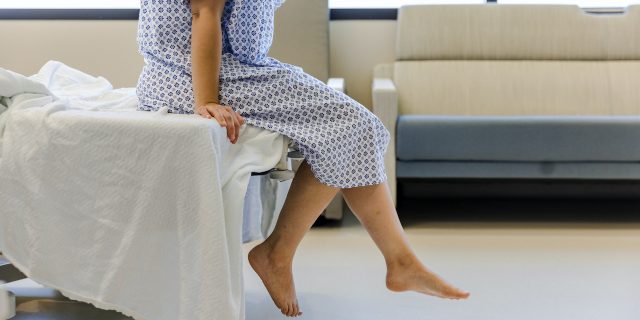October 29, 2023
My mental health has always been an issue for me, even as a young girl. But, in my home, if we didn't speak of such things, they didn't exist.
Nothing could have been further from the truth.
I am now almost 41 years old. This past October, I suffered one of the worst mental health crises that has ever happened to me. I ended up in the local ICU for two days, and from there I was transferred to a behavioral health unit about 45 minutes away.
I was terrified; actually, that's an understatement. When I came to in the ER, I was angry to still be alive. I was disgusted that I had failed, yet again, at something in my life. That sick and warped feeling of not wanting to speak to anyone for fear of being physically restrained was ever so present. It took me 3-4 days to mentally come to terms with what had happened, and feel some semblance of remorse for my failed attempt to no longer be present; for my family, my children, and my fiancé.
My fiancé. He saved my life that evening. He was terrified when I opened my eyes and saw his face first. I was angry at him for being my savior, yet again. My mental health had declined so rapidly in two years' time that our relationship was very much strained. For months we both went back and forth on whether it was healthy to remain together, and little did I know, he was scared enough that night that he went home from the hospital to pack his bags and leave.
Don't judge him too harshly. He has his own issues he admittedly needs to work on, and he has been. To leave me in my darkest hour would not have been a healthy thing for me, nor would it have allowed me the space to want to get better.
I met with so many doctors, nurses, and staff between both hospitals. Somehow I was able to remember those that impacted me for the better. The ones who gently validated my anger, sadness, and despair will forever hold a place in my heart. They are precious humans to me now, and without experiencing what I did, I would have most likely never crossed paths with them. I have tried to find the silver lining in all of this trauma, and I feel I have come such a long way in a matter of weeks through therapy, honesty with my own self and emotions, and of course medications.
Because I had tried so many antidepressants throughout my adult life, I had started to feel like a lost cause one year prior to this event. Little did I know, an antidepressant would not be enough, as I was suffering from undiagnosed, and therefore untreated, Bipolar 1 Disorder.
Hearing those words come out of the hospital psychiatrist's mouth was comforting to me, odd as it may sound. I finally had a direction to move in, and, for the first time in years, I had hope.
I was started on an antipsychotic immediately upon my arrival to the behavioral health unit. It scared me slightly to hear the words "anti-psychotic" hit my ear drums, but, I put a lot of faith in the doctor and I happily and willingly rolled with it. My current dose of antidepressant was upped, my meds for my severe anxiety were tripled, and I was started immediately on gentle meds to help with my severe insomnia.
My entire life, sleep has evaded me. I have gone from dead asleep, to wide awake, after just 2 hours, and then never fell back asleep. Because of the lack of restful REM, my anxiety hit an all time high and led up to the events of October 29. Now I am proud to admit that most nights I am hitting at least 7-9 hours of sleep. It's been life changing for me. My anxiety is still present, but more of a background noise versus all encompassing intrusive nonstop thoughts. I feel, almost, normal.
Know that there is hope to be had, hope to be shared with those who love you, and most of all, hope for yourself. Don't stop seeking answers. My biggest piece of advice, that I wish I had taken myself, is to find a psychiatrist who can delve deeper into the things you may or may not be dealing with. People love you, need you, and you ARE important to this world.
#Bipolar #MentalHealth #Diagnosis

